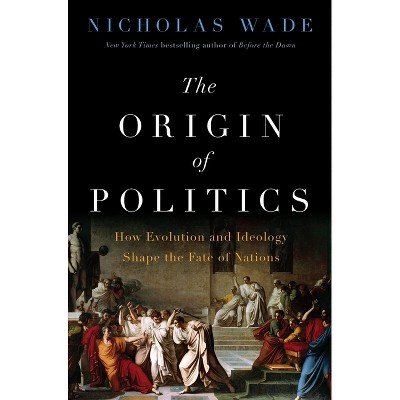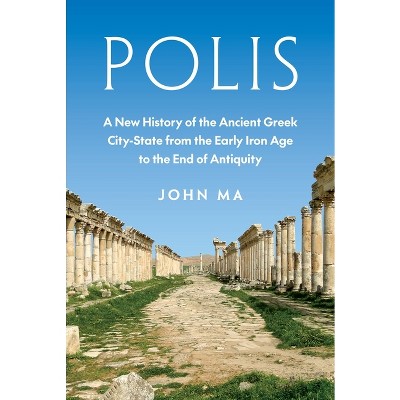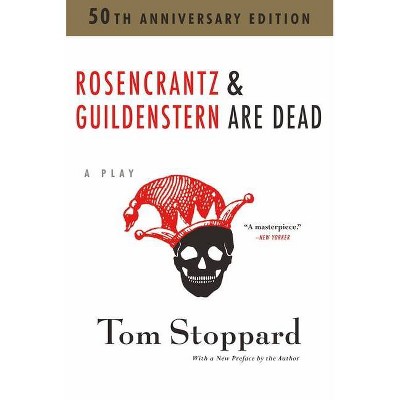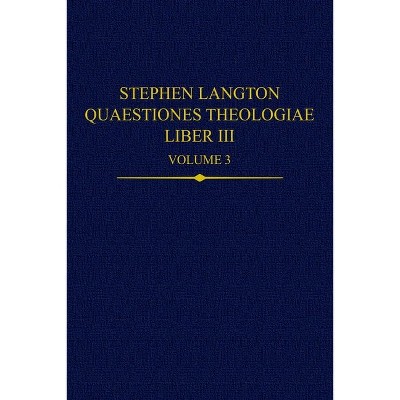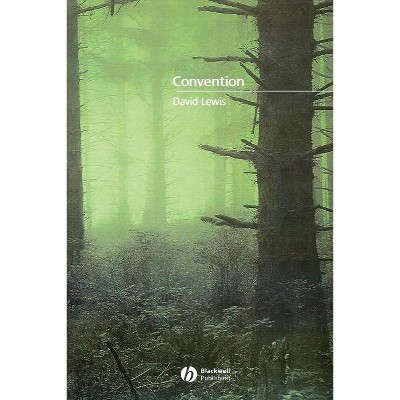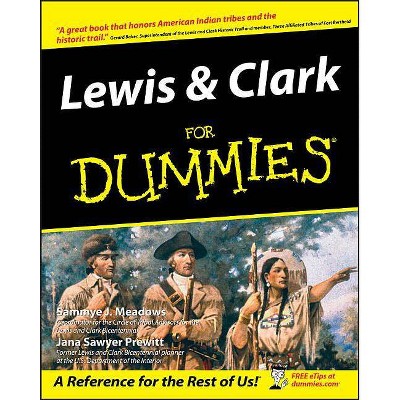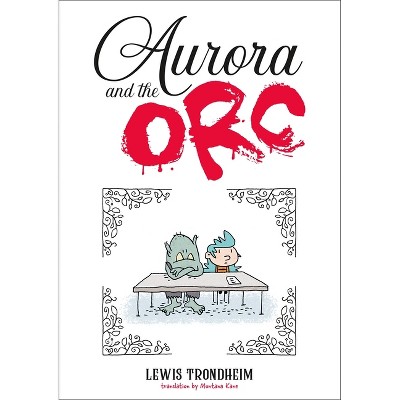Sponsored

Richard Rufus of Cornwall: Scriptum in Metaphysicam Aristotelis I. Alpha to Epsilon - (Auctores Britannici Medii Aevi) (Hardcover)
In Stock
Sponsored
About this item
Highlights
- This is the first great commentary in the Western European tradition of expounding Aristotle's Metaphysics.
- About the Author: Rega Wood is the principal investigator of the Richard Rufus Project.
- 786 Pages
- Philosophy, History & Surveys
- Series Name: Auctores Britannici Medii Aevi
Description
About the Book
This is the first great commentary in the Western European tradition of expounding Aristotle's Metaphysics. Rufus addresses questions such as 'what is truth?' `what is matter?', 'what are numbers?', `how do corruptible and incorruptible substances differ?', and `how do sensible objects act on the soul?'.
Book Synopsis
This is the first great commentary in the Western European tradition of expounding Aristotle's Metaphysics. Dated about 1238, this work by Richard Rufus of Cornwall is a major contribution to the history of Western philosophy and the study of Aristotle. No future account of thirteenth-century metaphysics will be able to ignore its contribution.
Rufus addresses questions as diverse as 'what is truth?', 'are there many eternal truths?', 'what is prime matter?', and 'how do corruptible and incorruptible substances differ?'. Rufus' views on the nature of truth were strongly influenced by Anselm, while his treatment of the problem of the eternal truths was influenced by his contemporary, Robert Grosseteste. But his views on prime matter owe more to his reading of Averroes and Averroes' understanding of the Aristotelian tradition, as well as to the influence of Augustine. Even so, while deeply indebted to the Aristotelian tradition, Rufus displays an independence and originality of thought throughout the Scriptum.
The Scriptum's exposition of Aristotle and its exciting questions date from about 35 years before Thomas Aquinas wrote his commentary on the Metaphysics. Its publication will prompt a re-evaluation of the development of metaphysics in the Latin West. As the copious notes to this edition indicate, it was a very influential work that had a significant impact on the views of the two most popular early Aristotle commentators, Adam Buckfield and Albert the Great.
About the Author
Rega Wood is the principal investigator of the Richard Rufus Project. She has prepared critical editions of major works of medieval philosophy and theology, including works by Richard Rufus, John Duns Scotus, William Ockham, and Adam Wodeham. She has taught at St. Bonaventure University, Yale University, Stanford University, and Indiana University, Bloomington.
Neil Lewis is a core member of the Richard Rufus of Cornwall Project, which is devoted to the preparation of critical editions of the works of Richard Rufus of Cornwall, and a core member of the Ordered University Project devoted to interdisciplinary study of Grosseteste's scientific works. Most of his academic career has been spent as a professor in the philosophy department at Georgetown University in Washington D.C. Jennifer Ottman earned her B.A. at Amherst College and a Ph.D. at Yale University. She has been associated with the Richard Rufus Project since 1999 and has served as associate editor since 2011. She is also a collaborating editor and translator for the Greystones Manuscript Project, which began work in 2011 on the theological writings of the early-fourteenth- century English Benedictine Robert Greystones; a volume which was published in 2017.Shipping details
Return details
Trending Philosophy



